
Droppin’ Knowledge
Welcome, Fabunerds. This space is dedicated to discovery with a primary focus on the marine environment. I will also share interesting facts from journal articles, social media, and other outlets. Enjoy the drops!

Racial-Gender Disparities, and the Impacts of Coloniality in Ocean Science on BIPOC Women
Racial-gender equity and the health of the environment, including the ocean, are inextricably linked, as effective solutions cannot be found without equally valuing all voices and forms of knowledge.

Engaging the Tropical Majority to Make Ocean Governance and Science More Equitable and Effective
In this paper, Dr. Scott and many other experts from around the world, specializing in tropical marine studies and policy, express the need for greater equity in ocean governance with particular emphasis on resource and data sharing, education and decolonization of scientific practices throughout the tropics.

Inequities in MPA Outcomes: A Case Study in Bocas del Toro, Panama
Ocean Nexus presents on "Mainstreaming Equity in Marine Protected Areas: A Global Outlook from Local Perspectives" at IMPAC5, the 5th International Marine Protected Areas Congress, in Vancouver, BC, Canada.
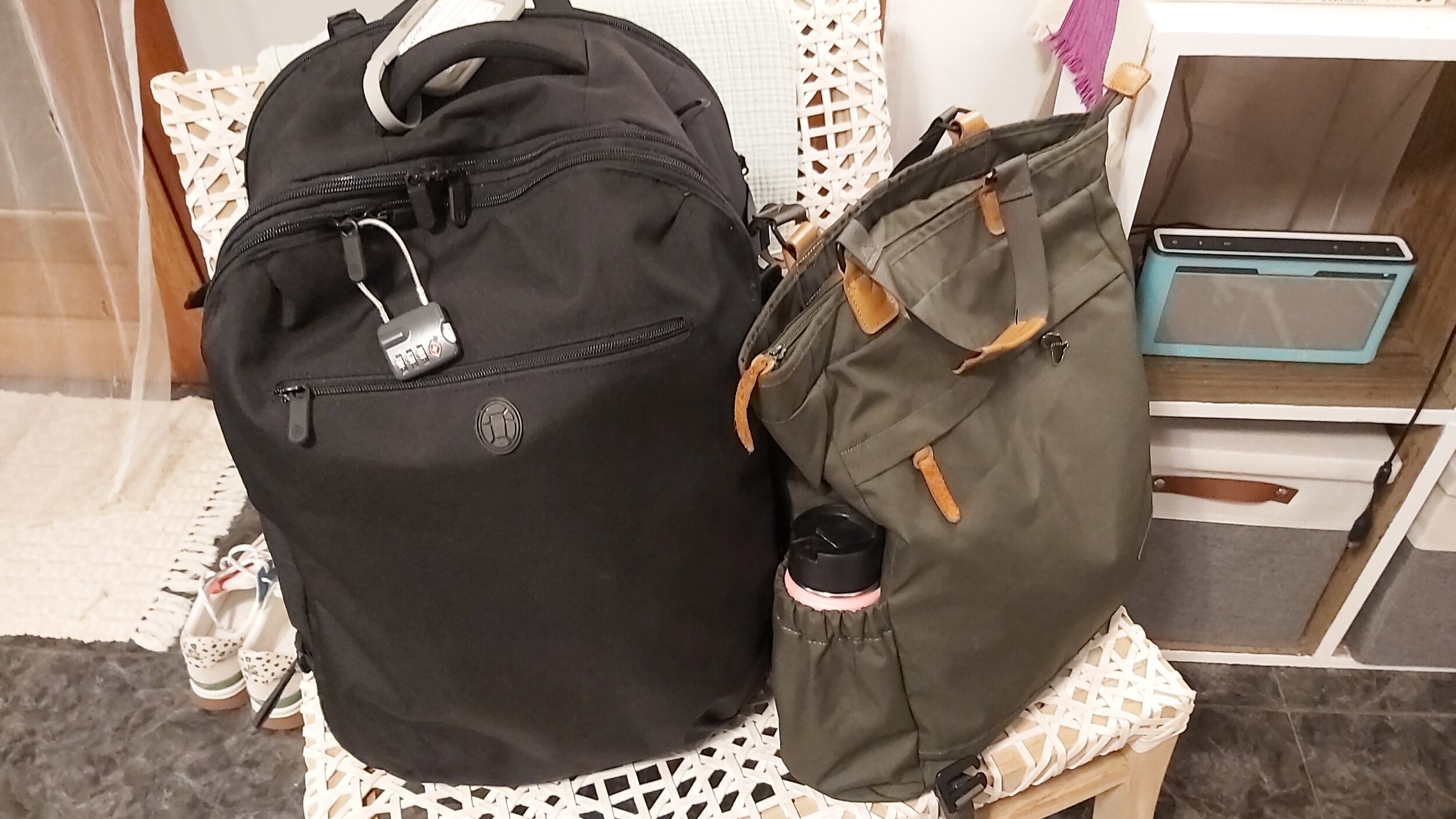
Product Review: Tortuga Women’s Setout 45L and UBB 25L Carryall
Learn all about the new women’s Tortuga Setout 45L backpack and United By Blue 25L Convertible Carryall Backpack. A few favorite travel items are included! Counting down the days to be able to travel once again. Enjoy!

Bad Science - The Meg
I had so much fun discussing the scientific realities of the movie, “The Meg” on Bad Science Podcast. Could a megalodon really survive at 36,000 feet living in a trench below a hydrogen sulfide layer? Listen to the podcast to find out!

Know where your stuff comes from: A sunscreen comparison review
In this video, I discuss the importance of choosing environmentally friendly sunscreens. I review 5 products from the following companies: Honua, Black Girl Sunscreen, Kinship, Pipette and Alba Botanica. Enjoy!

STEM to the SKY
In this interview, Dr. Scott explains how she became a marine biologist. Viewers will learn about her work in conservation and her research in mangrove ecology. Importantly, Dr. Scott discusses the importance of having greater representation of BIPOC students in ocean science.
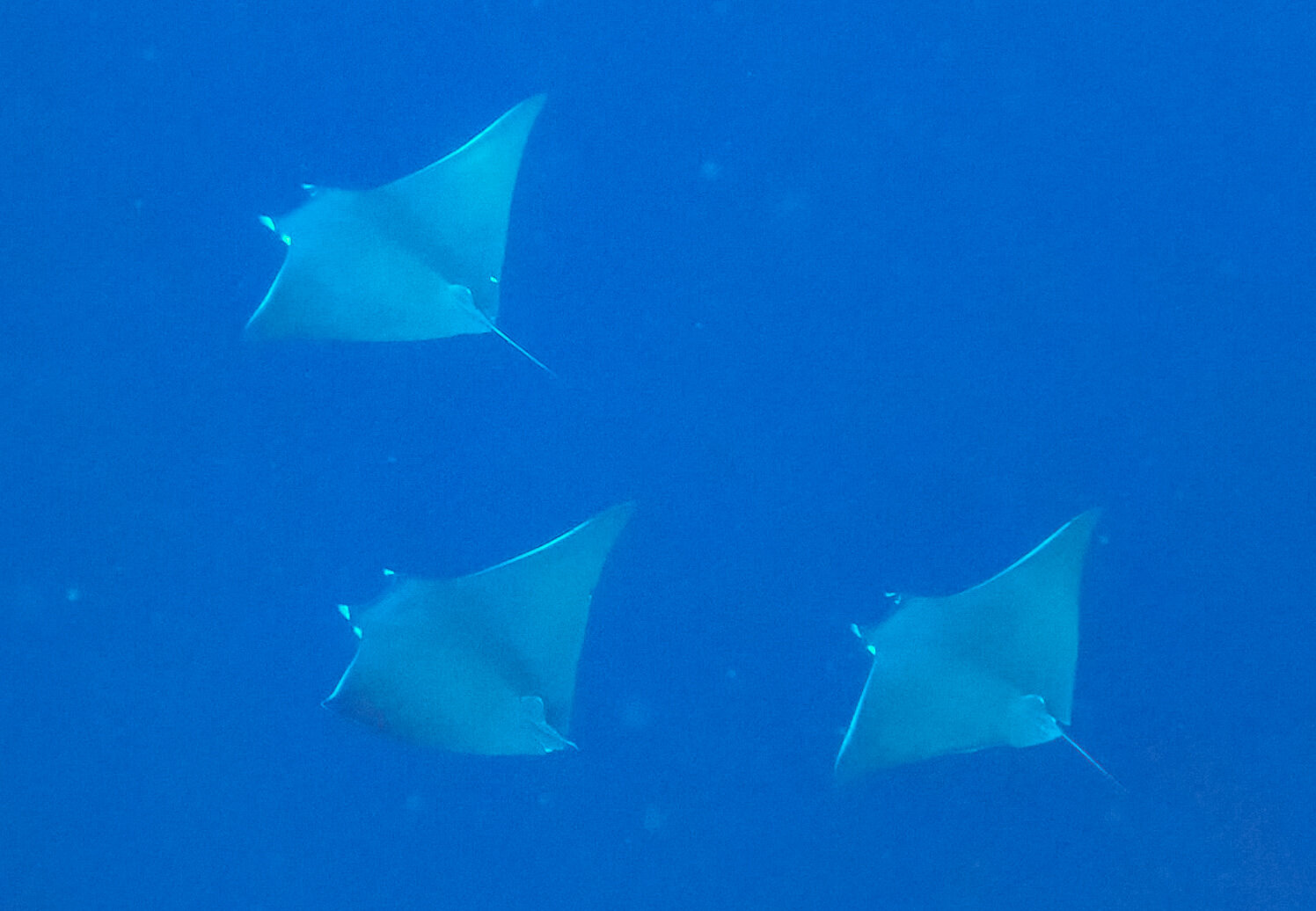
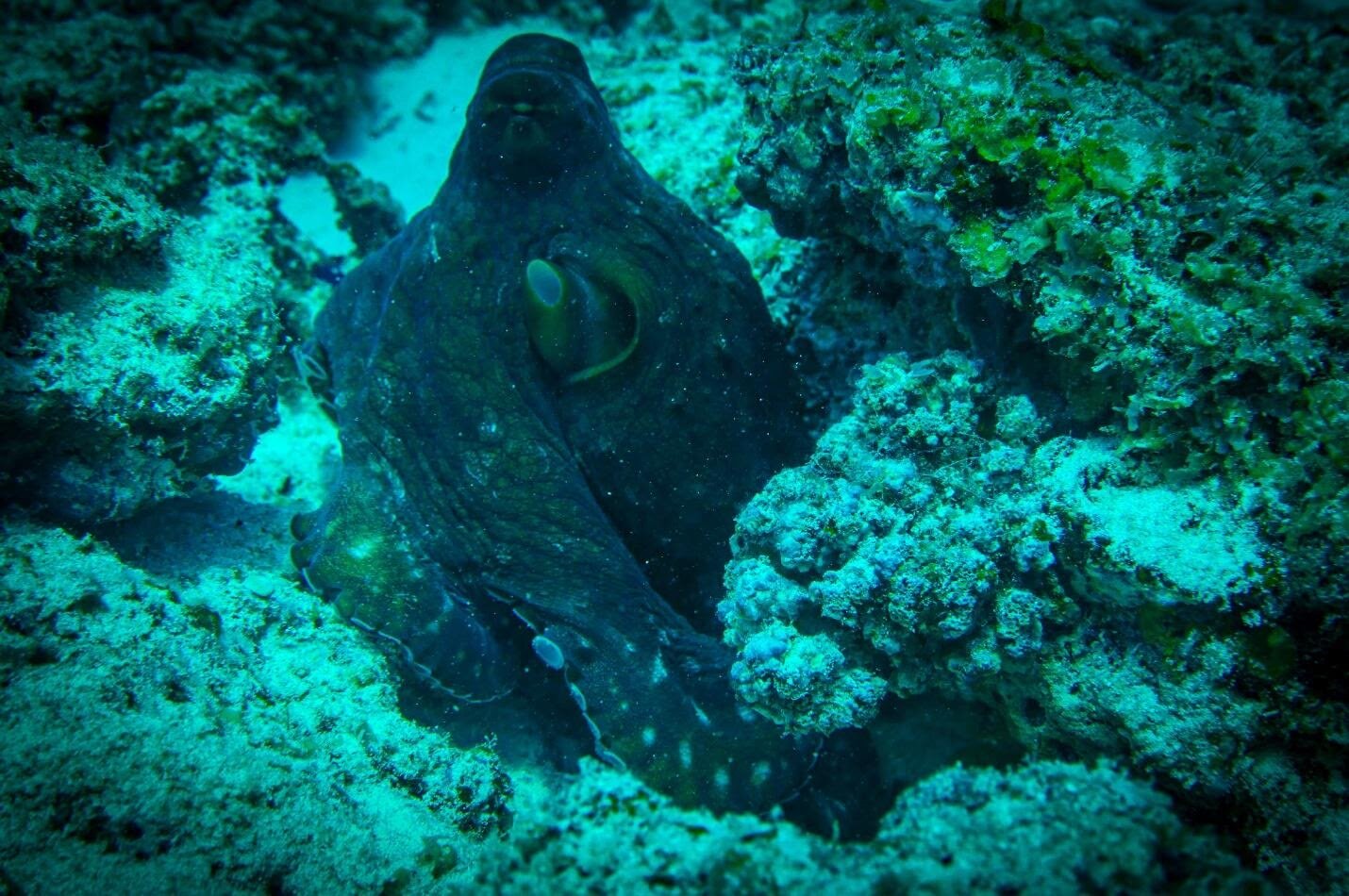
Fabunerds, Let’s talk octopus and why they punch fish. Rude?
Did you know that octopus and fish often hunt together to find prey on reefs? Indeed, octopus and fish work collaboratively to find food much like eels and groupers.
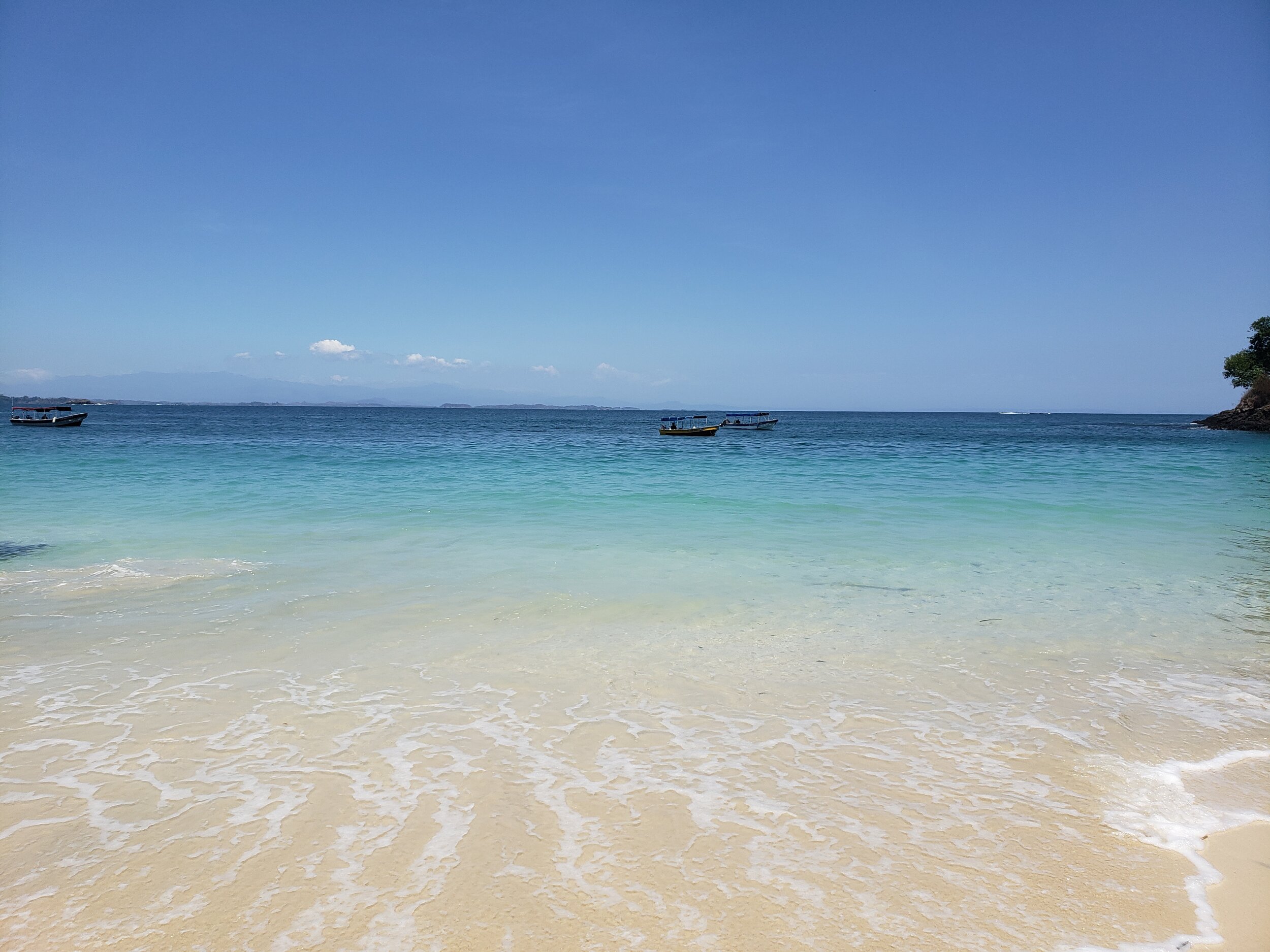
Fabunerds, we need greater inclusivity in Marine Science and Conservation
It all begins with an idea. Changing the narrative in conservation and marine science is the responsibility of us all…
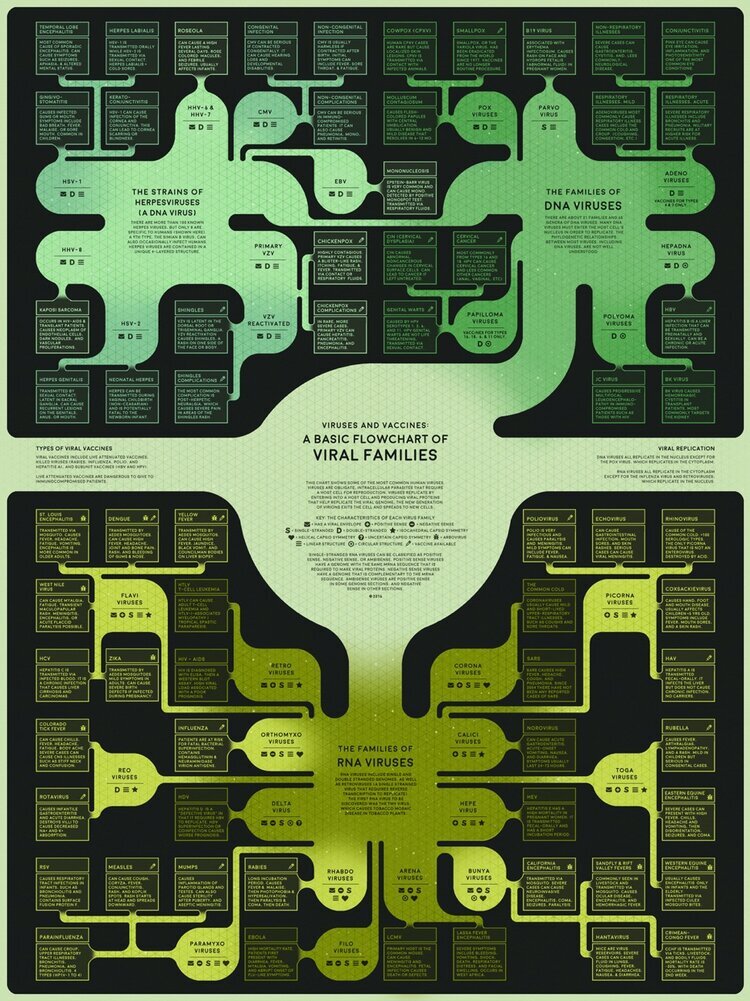
Fabunerds, Let’s Talk Viruses
Many friends and close family have asked me about viruses; what they are and how they work. Years ago, I took a virology course at the University of Miami medical school and it scared the living daylights out of me. However, the more we understand, the better we can critically think and respond. Read on for more information about the incredible world of viruses.

Mighty, Magestic Mobula
What’s happening to these quiet giants of the sea? There are only two species of Manta ray in the genus Manta; the giant oceanic manta (Mobula birostris) and the reef manta ray (Mobula alfredi). To see these giants, I travelled all the way to Tofo, Mozambique on the eastern coast of southern Africa.

Fabunerds, Let’s Talk Coral Fragging
Coral propagation or fragging is the process of removing a section of an existing coral and attaching the fragmented piece onto an artificial or natural substrate to grow.

Let’s talk Stony Coral Tissue Loss Disease (SCTLD)
First, yes, this is important for you to know about and yes, it does affect you even if you live in a snow-covered area and it is April. Why you might ask? Well, coral reefs, and particularly the reef building stony corals (Scleractinia), are extremely important habitat for fish and invertebrates including many of the fish and invert species with great economic value such as lobster, grouper, snapper and squid.
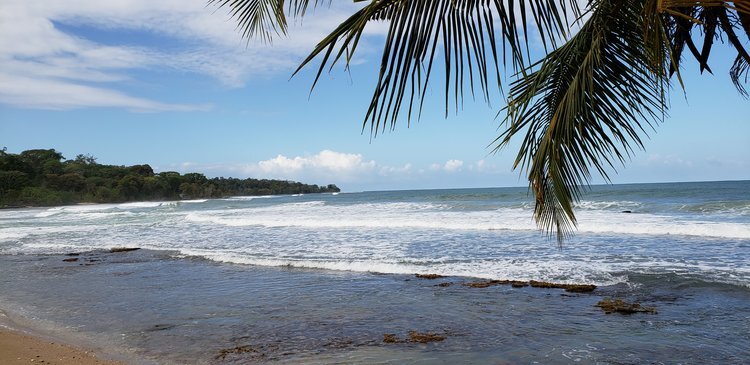
Let’s talk photo-toxic sunscreens and coral!
As a marine scientist, often times you find yourself on various listservs focused on all kinds of topics. It gives you the opportunity to ask important questions to others in the field and to be privy to conversations about recent publications.

Fabunderds, Let’s talk air travel and carbon
According to the World Wildlife Federation (WWF), an estimated 14% of worldwide greenhouse gas emissions can be attributed to travel. If you travel as frequently as I do, perhaps somewhere mid-flight over the middle of the Atlantic, you’ve had an overwhelming sense of guilt as you realize that in order to hurtle yourself to your destination in a timely fashion, you quite literally will contribute tons of carbon into the atmosphere. And yet, as you recline in your seat to watch your third movie of a trans-Atlantic flight, any of the guilt you might have felt somehow disappears as you wonder, well, how else am I going to get there?

Fabunderds, Let’s talk environmentally ethical fashion
First off, let me start by saying that I am no sustainable fashion angel. I try to be whenever possible and I will absolutely walk out of a store or away from a purchase if I know the company or the way in which the product was produced is destroying the planet or harming the people who have made it.
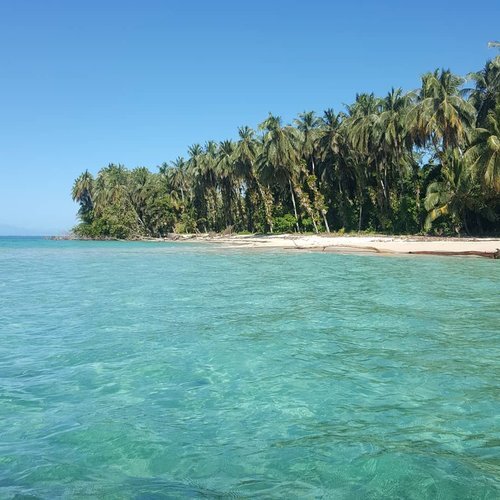
Bocas del Toro, Panamá
Bocas del Toro, located on the western, Caribbean coast of Panamá, is a small island archipelago that is experiencing rapid change due to tourism and climate change pressures. My work in Panamá centers around conservation efforts in the region and developing research projects focused on the terrestrial, marine and the human dimension.

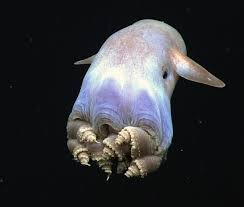
To the Depths
The deepest part of the ocean, the Challenger Deep, located in the Mariana Trench near Guam in the Pacific ocean measures almost 11,000 meters (36,100 feet) deep.
